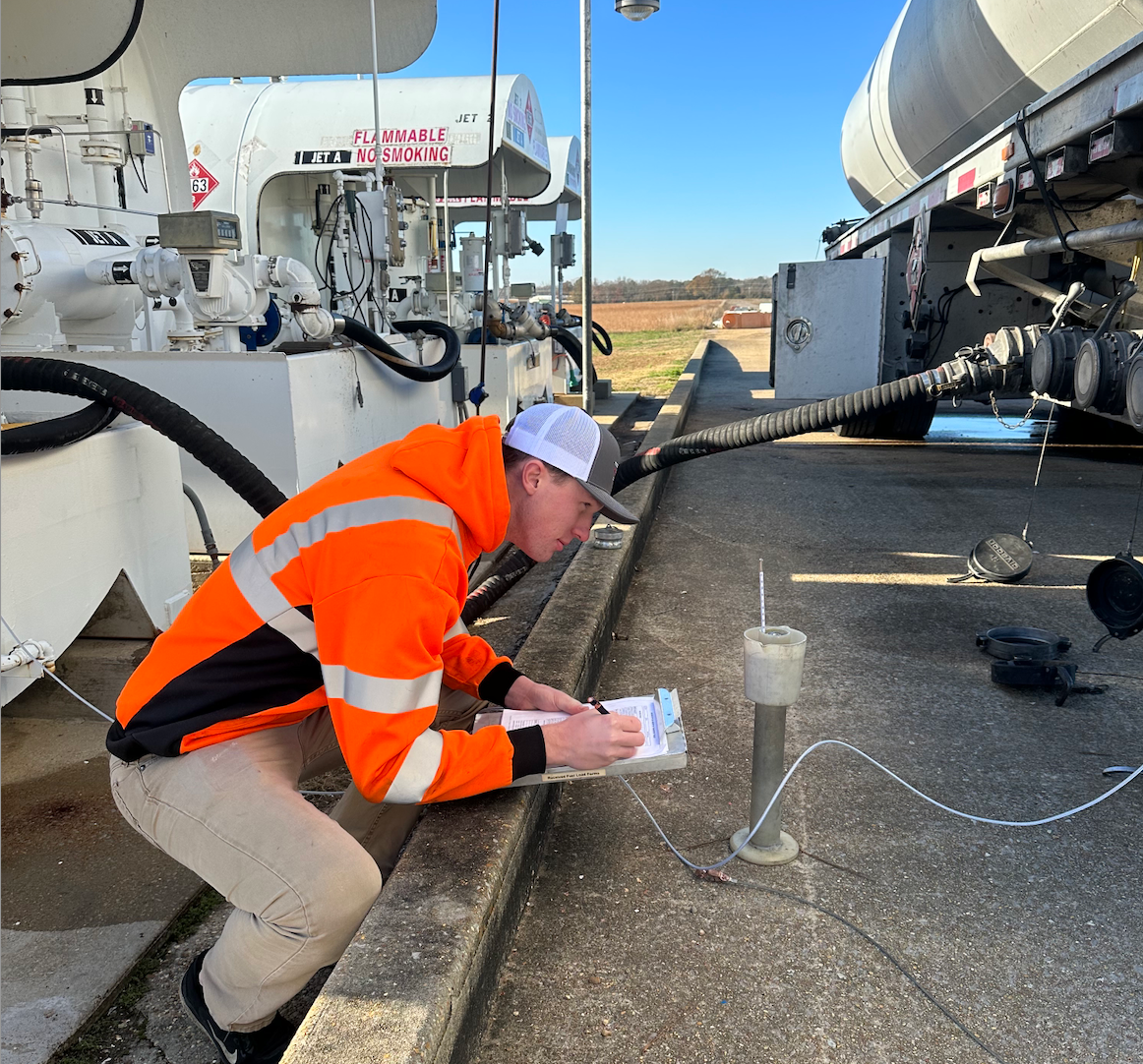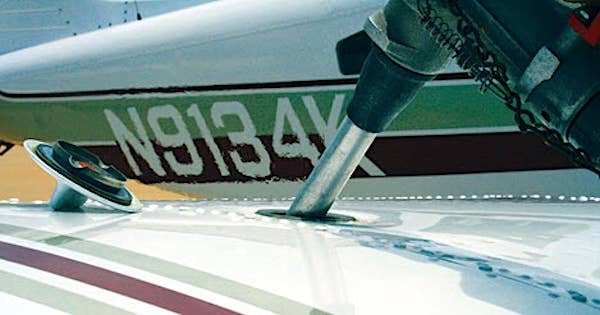Continental Introduces New Lower-Octane Engine
While the industry awaits an unleaded replacement for 100LL, Continental has moved rapidly forward to certify a new version of its six-cylinder IO-360 that will run on lower octane fuel. At AOPA’s Summit in Hartford, Connecticut, the company’s CEO Rhett Ross told us the new engine will be used in the four-place C4 announced by Flight Design earlier this year. The engine’s designation is IO-360-AF for alternative fuel and it’s intended to operate on fuels such as 94UL with sufficient detonation margin. The IO-360, which is used in the Cirrus SR20, normally has an output of 210HP, but for the AF variant, Continental has essentially de-rated it to 180 HP by installing lower-compression pistons (7.5 to 1) and with minor tweaks to the fuel injection system. The version we were shown, which represents a new type certification for Continental, has conventional magnetos, but it might eventually use Continental’s PowerLink FADEC system.
While the industry awaits an unleaded replacement for 100LL, Continental has moved rapidly forward to certify a new version of its six-cylinder IO-360 that will run on lower octane fuel. At AOPA's Summit in Hartford, Connecticut, the company's CEO Rhett Ross told us the new engine will be used in the four-place C4 announced by Flight Design earlier this year. The engine's designation is IO-360-AF for alternative fuel and it's intended to operate on fuels such as 94UL with sufficient detonation margin. The IO-360, which is used in the Cirrus SR20, normally has an output of 210HP, but for the AF variant, Continental has essentially de-rated it to 180 HP by installing lower-compression pistons (7.5 to 1) and with minor tweaks to the fuel injection system. The version we were shown, which represents a new type certification for Continental, has conventional magnetos, but it might eventually use Continental's PowerLink FADEC system.
And how about auto fuel approvals? Yes, says Ross, but not just pump gas. As does Lycoming's Michael Kraft, Ross believes any auto fuel approved for a type certificated engine will need some kind of approval or certification standard to assure its octane and consistent composition. Ross says Continental's view is that automotive fuels are not tightly enough controlled and on the international market-where this new engine is clearly going to be pitched-an auto fuel bought in Germany might not be the same as one sold in Brazil. For more details on the new engine, see this AVweb video.





